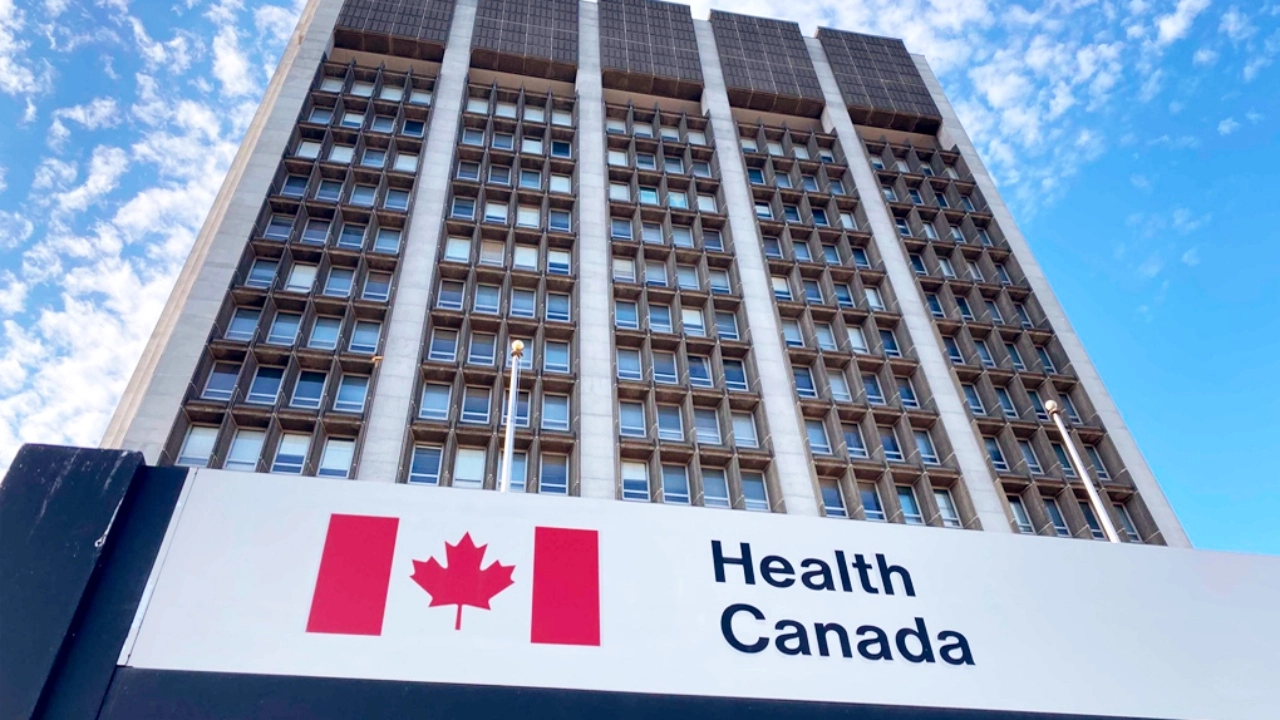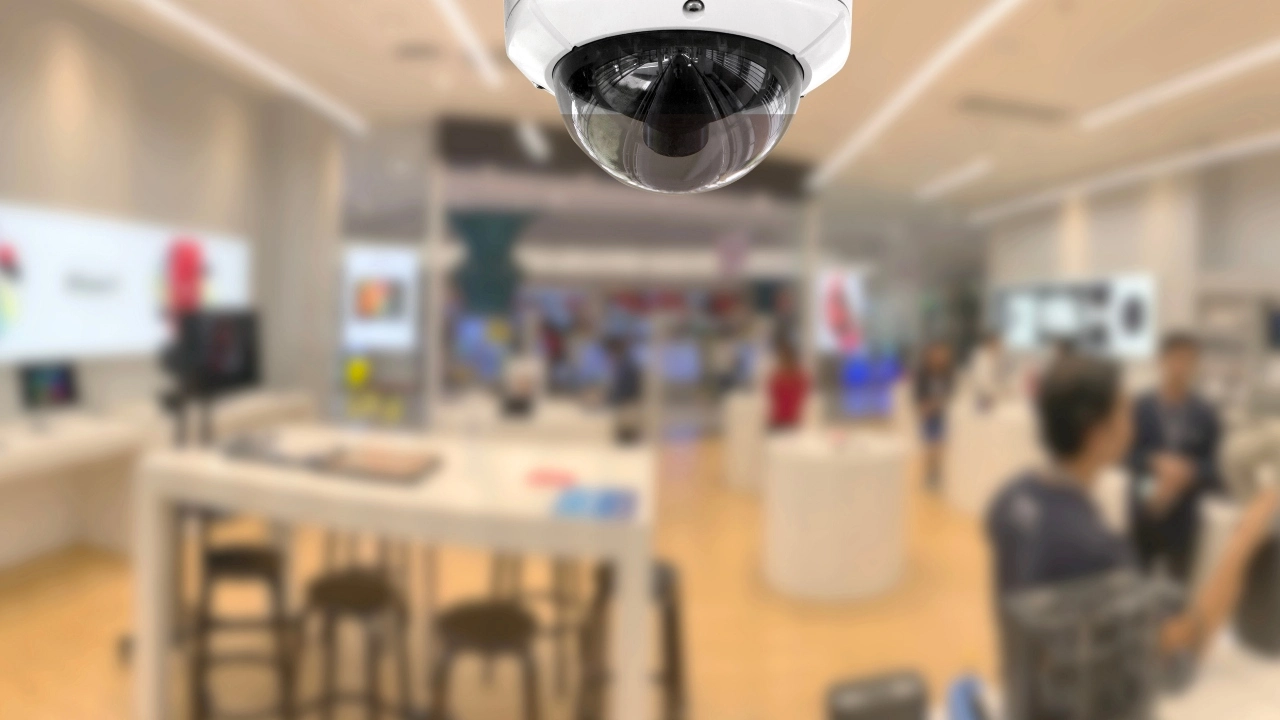U.S. drug regulators are doubling down on arguments that cannabis extracts with elevated THC levels are illegal even if they come from hemp.
The U.S. Drug Enforcement Administration told a federal appeals court Tuesday that hemp can’t legally be processed into an intoxicant.
“We’re talking about things that are too high in THC to qualify as hemp,” DEA lawyer Sarah Carroll said.
The DEA made the case Tuesday when it faced off with the Hemp Industries Association (HIA) and South Carolina CBD maker RE Botanicals, which are challenging a 2020 DEA rule that criminalizes common hemp extraction practices and intoxicating hemp products.
Carroll told a three-judge appeals court in Washington DC that hemp operators are making “beverages, food, all kinds of things that contain substances taken from the cannabis plant.”
The DEA lawyer also told the judges that the agency has no intention of giving up control over extracts with elevated THC levels.
“If a substance like that is created from a cannabis plant, but the substance itself is high in THC, the substance does not qualify as hemp and is subject to regulation,” Carroll said.
The DEA argument comes as hemp manufacturers are increasingly making intoxicating products that include delta-9 THC or its isomers.
The Hemp Industries Association and RE Botanicals are asking the court to stop the DEA from saying that hemp extracts become illegal drugs if they exceed 0.3% THC, even if the extracts come from legal hemp.
At issue is whether the DEA can criminalize the hemp-extraction process. Hemp operators point out that even low-THC hemp often goes “hot,” or above the legal threshold of 0.3% THC, during the extraction process.
CBD manufacturers “inevitably and necessarily” handle extracts that exceed 0.3% THC, argued HIA lawyer Shane Pennington. CBD makers can then adjust the extracts during processing to meet the legal standard.
He said that Congress did not mean to make CBD production illegal when it authorized nationwide hemp production in 2018 and that the DEA is wrongly trying to put itself in charge of the CBD industry.
The learning curve for entering the cannabis industry is steep. Start with the fundamentals.
MJBiz Cannabis 101 Email Course
A 10-part email course designed to educate new hires and aspiring professionals on the key fundamental areas of the legal cannabis industry, including:
- History of legal cannabis in America
- Overview of plant-touching + ancillary business sectors
- Cannabis finance and investing
- Cannabis marketing and brand building
- Employment + hiring opportunities
- And much more!
Gain a comprehensive understanding of this complex industry with this free resource.
Pennington argued that the DEA’s 2020 rule is somewhat like saying that cake is legal but that the flour and eggs a baker needs to make a cake are illegal substances subject to DEA control.
A decision in the case is expected in three to six months.
The DEA has yet to enforce its extraction rule, but hemp operators say the industry has already suffered because of it.
Pennington pointed out that banks often cite legal confusion when denying services for hemp operators.
“We’re being injured right now because we can’t get banking,” he said.
Hemp Editor Kristen Nichols can be reached at kristen.nichols@mjbizdaily.com.





